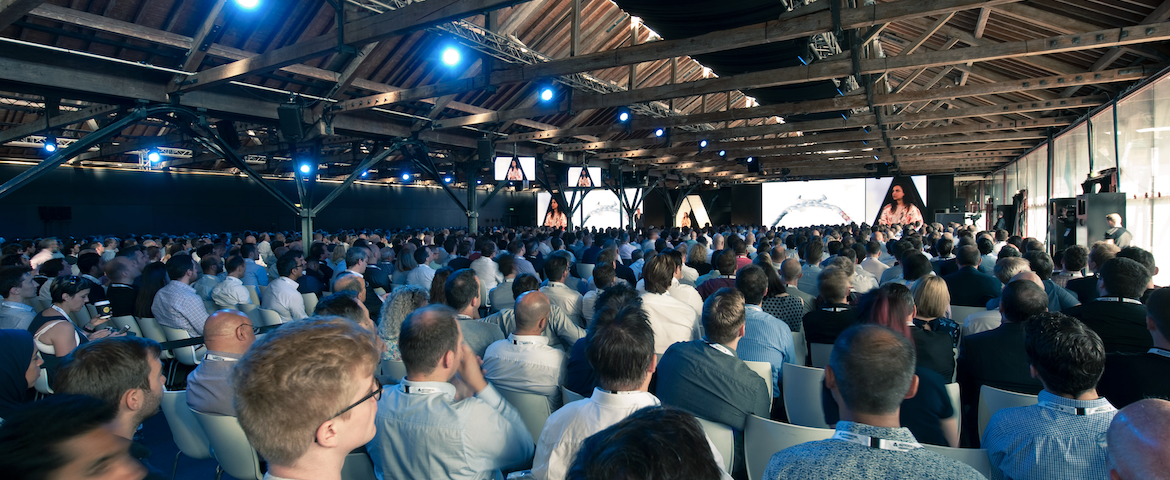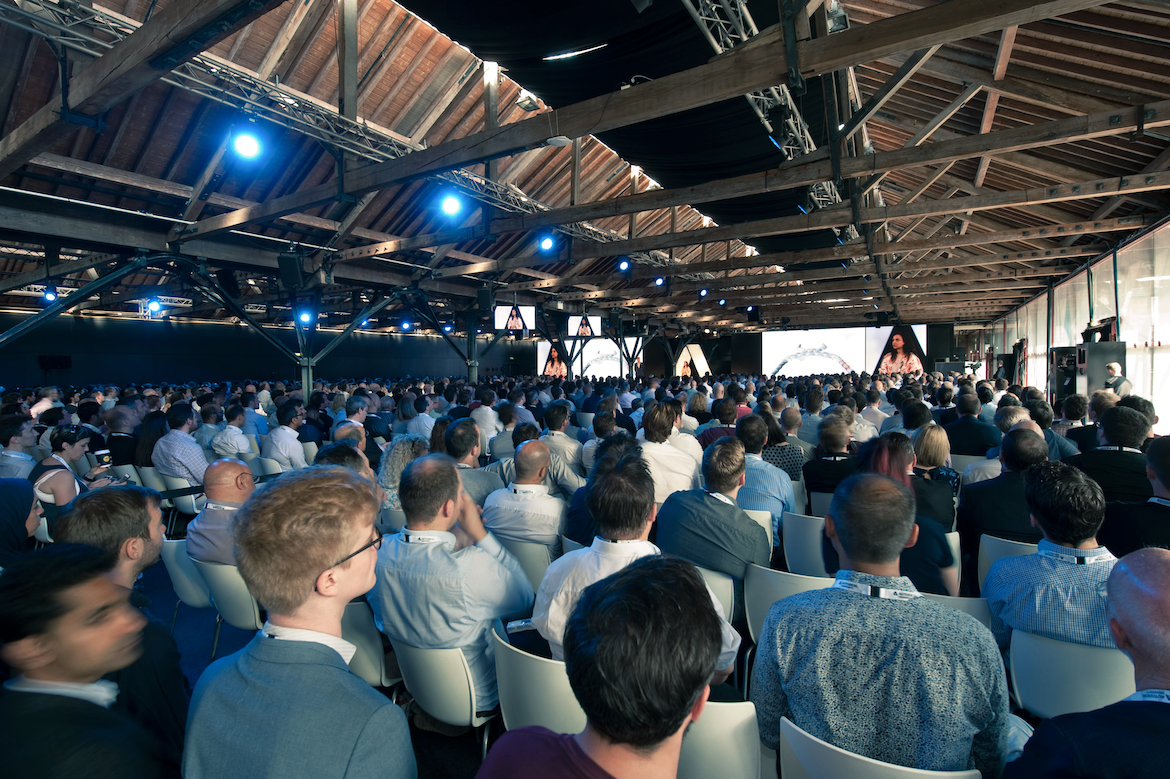
SSH Communications Security Inc. – Technology Integrations
June 18, 2019
NetApp Revolutionizes Data Fabric to Dominate Hybrid Multicloud
June 18, 2019Industry Convergence and Generative Design Take Center Stage at Autodesk University London



Autodesk University London is underway, and this year we’re excited to come together with customers and partners to talk about some of the biggest and most impactful changes that are happening across their industries.
So, what are we exploring this week in London? More than 2,000 industry professionals from over 55 countries will join us over two days for networking, learning and hands-on experiences.
First up, some customers who are leading the way in industry convergence and blurring the lines between construction and manufacturing:
- A mobile micro-factory from Howick: Limited space and accessibility issues made it difficult to set up an efficient construction site for the renovation of the Travelodge hotel in Windsor, England. Builders found a solution in prefabrication and modular construction, which led to a number of benefits including time savings and reduction in waste.
- Scaled Robotics’space-sensing robots: The construction site is a tough environment for a robot, but by using the right 3D modeling and design software, Scaled Robotics has created an autonomous mobile robot capable of mapping the construction site 10 times faster than existing methods. The scans verify the point cloud models against the BIM model to allow construction site managers to have a better understanding of the project status and more accurate timelines for delivery.
- International construction firm MACE has worked on some of the most famous buildings on the London skyline—The Shard, the Southbank Tower, and Tottenham Hotspur’s impressive new stadium. Now, they’re doing some incredible work at London’s Olympic Park, building a double-tower development that will provide 480 new homes for Londoners.
- Engineering and construction company AECOM also graced the stage at AU London, describing how they’re switching up processes to become more efficient and prepare for the new ways of designing and making buildings.
Attendees at AU London will also witness some awe-inspiring new projects created with generative design:
- Starck’s AI-infused chair: What happens when world-renowned French designer Philippe Starck partners with artificial intelligence to reimagine furniture design? Meet the AI Chair, the first mass-produced chair imagined by a human and co-created with generative design.
- JPL’s far-out space lander:A concept lander that Autodesk developed with NASA’s Jet Propulsion Laboratory also made a cameo at AU London. A work of artful engineering, this masterful prototype was created using generative design and three different manufacturing methods, showing that you can always find a new way to make things.
- Toronto’s future-forward workplace: In designing its new office and research space in the MaRS Innovation District of Toronto, Autodesk pushed the limits of its generative design technology to create a workplace built around the well-being of its employees. It’s an example of how machine intelligence and human intelligence can work in concert to create better outcomes.
We’ve just scratched the surface of everything happening this week at AU London—classes, customers, keynotes— and most importantly, a whole community that’s committed to making things better than they did before. But Autodesk University doesn’t just happen for a few days each year—it’s also an entire online learning destination focused on inspiring, challenging and energizing Autodesk software users, partners, and industry leaders about the future of design and engineering. Anyone can engage through AU Online, which offers free year-round access to learning content, professional development, and inspirational industry talks from the AU conference events. More information is available at the Autodesk University website, or by following @AutodeskU and #AULondon.

